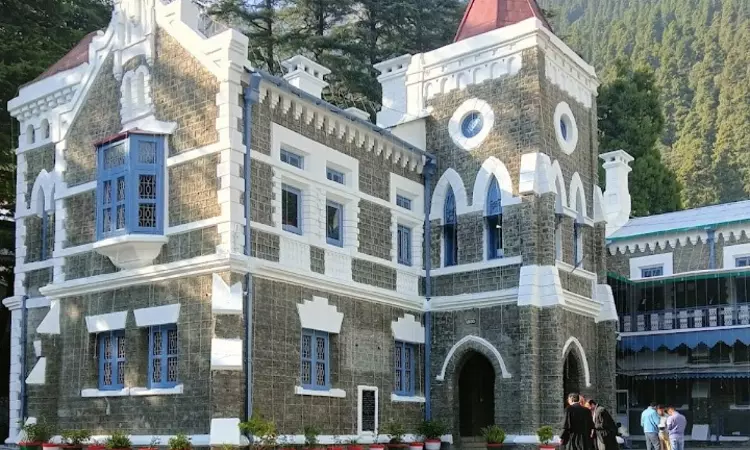Uttarakhand High Court Issues Press Note On Steps Taken For Jail Reforms In State
Yash Mittal
10 Oct 2024 11:11 AM IST

Next Story
10 Oct 2024 11:11 AM IST
The Uttarakhand High Court has released a Press Note highlighting the significant steps taken towards implementing crucial Jail reforms in the State through Public Interest Litigation (PILs) aimed at providing equitable treatment to prisoners following the constitutional mandate enshrined under Article 21.“In an exceptional display of judicial vigilance and humanitarian concern, the...
